- 631-796-2804
- [email protected]
- Mon - Fri: 6:30AM - 5PM
Professional seal coating that extends your driveway’s life and restores that fresh, black finish you want.
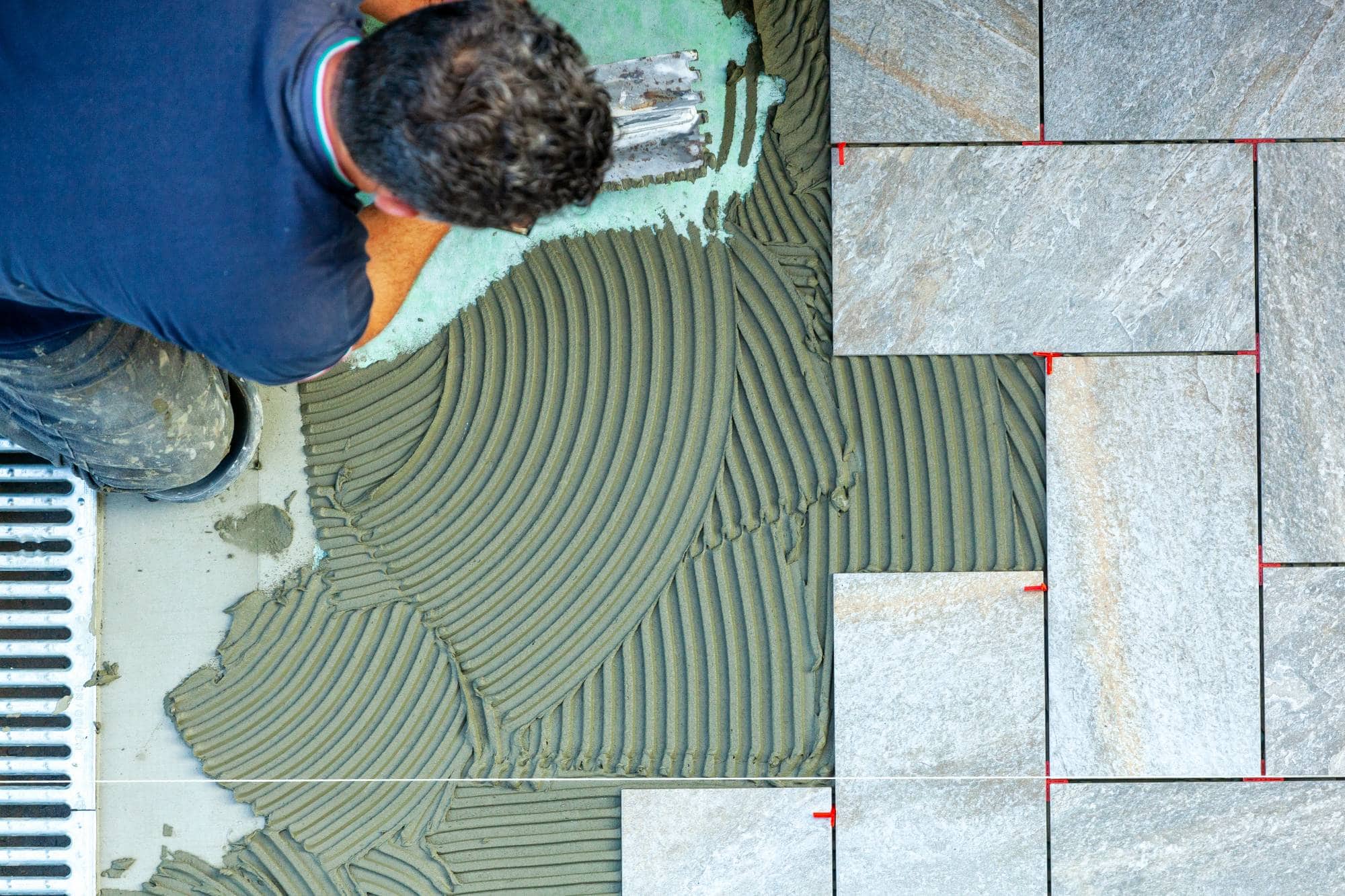
Hear from Our Customers
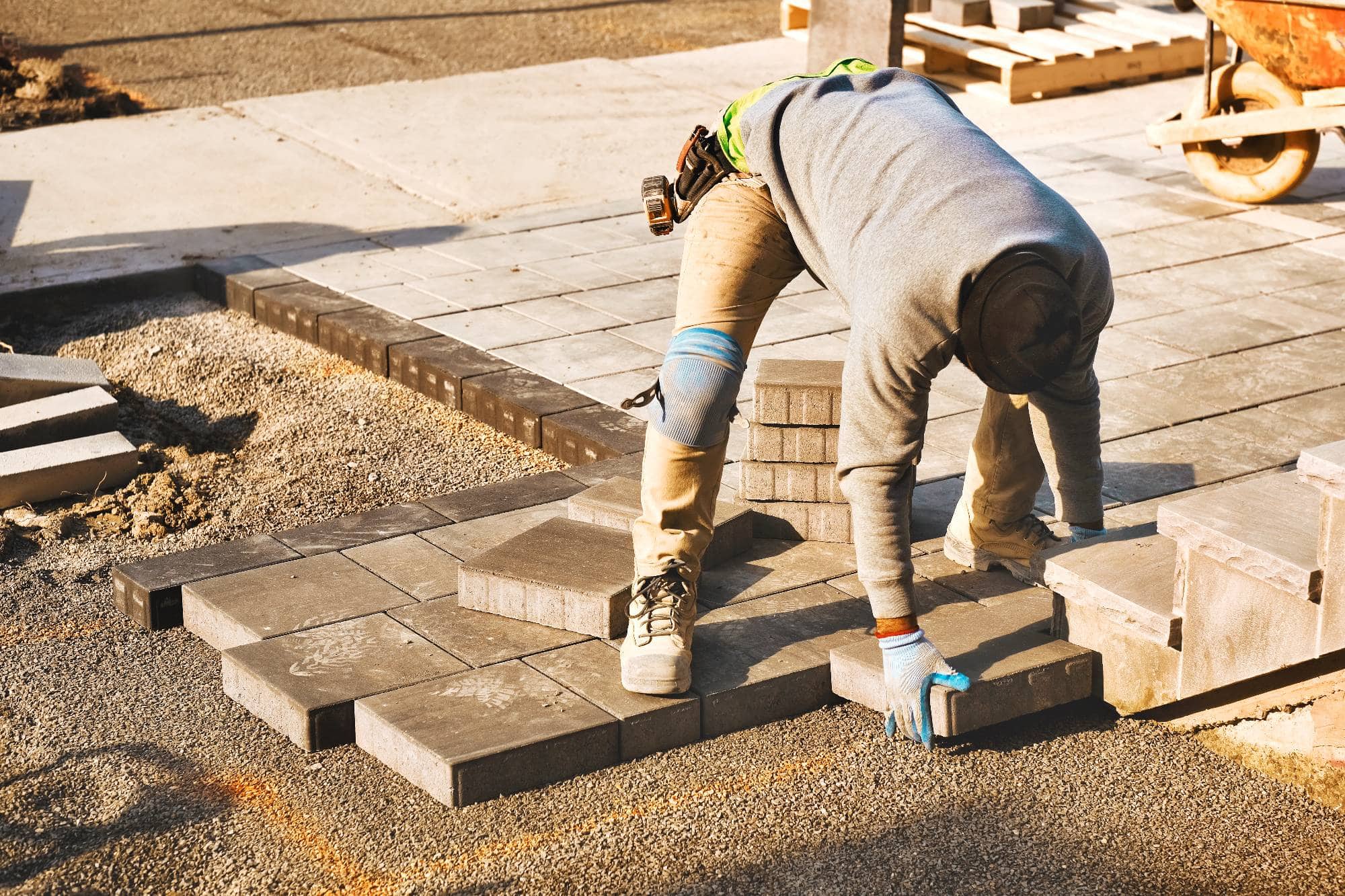
Your driveway stops looking worn and faded. Instead of watching cracks spread and water seep in, you get a protective barrier that actually works.
The rich, black finish makes your property look maintained and cared for. More importantly, you’re preventing the expensive damage that comes from Long Island’s freeze-thaw cycles.
Seal coating isn’t just about appearance. It’s about stopping small problems before they become major expenses. When water can’t penetrate your asphalt, you avoid the cracking and deterioration that leads to costly replacement projects.
We’ve been protecting driveways and parking lots across Long Island for years. We understand how harsh winters and summer heat affect your asphalt.
Our team uses commercial-grade sealers and proper application techniques. We’re not the crew that shows up with basic equipment and hopes for the best.
When you work with us, you’re getting contractors who know the difference between a quick fix and lasting protection. We’ve seen what works in East Hampton’s climate, and what doesn’t.
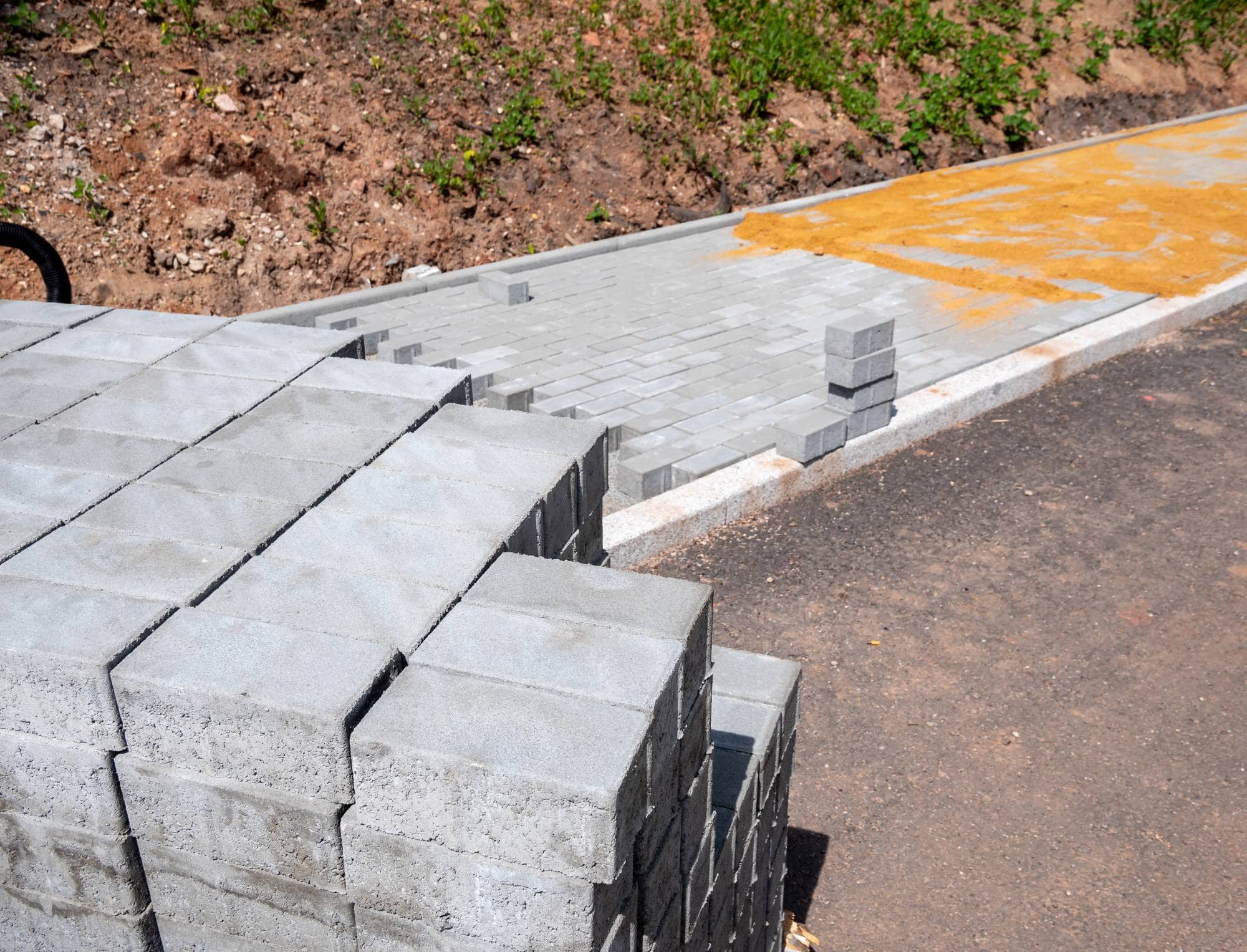
First, we clean your driveway thoroughly and fill any cracks. Surface preparation matters more than most people realize. Sealer won’t bond properly to dirty or damaged asphalt.
Next, we apply professional-grade sealer using the right equipment for even coverage. No brush marks, no thin spots, no areas that will wear prematurely.
We time everything around weather conditions. Temperature and humidity affect how the sealer cures, so we don’t rush the process. You get consistent results that last because we do it right the first time.
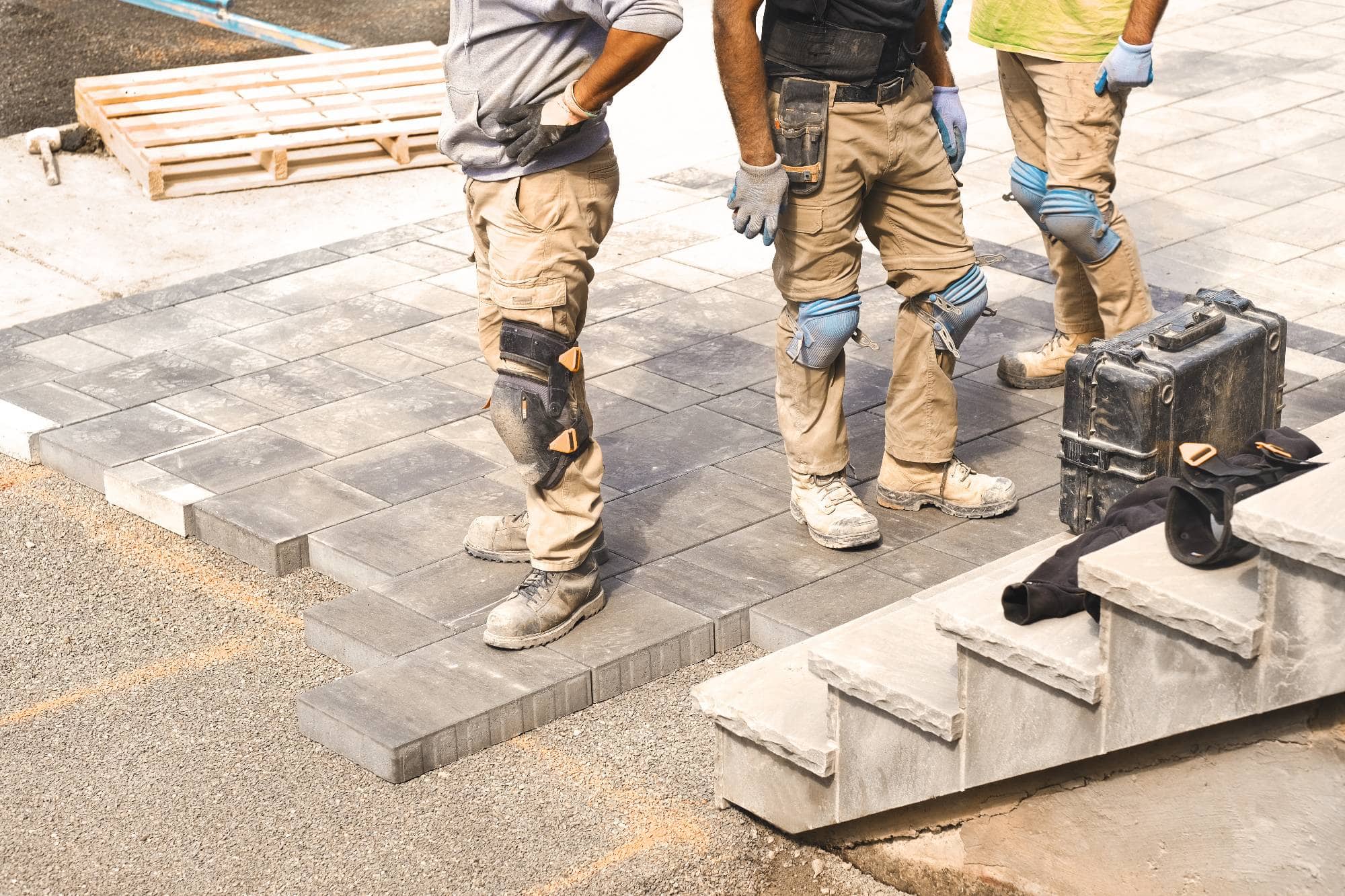
Ready to get started?
Every seal coating job includes thorough surface cleaning, crack filling, and two coats of commercial-grade sealer. We don’t cut corners on preparation or materials.
You also get honest timing recommendations. Some contractors will seal coat anytime you’re willing to pay. We tell you when conditions are right and when you should wait.
Our service covers driveways, parking lots, and any asphalt surface that needs protection. Whether you’re maintaining a residential driveway or a commercial property, the process and attention to detail stay the same.
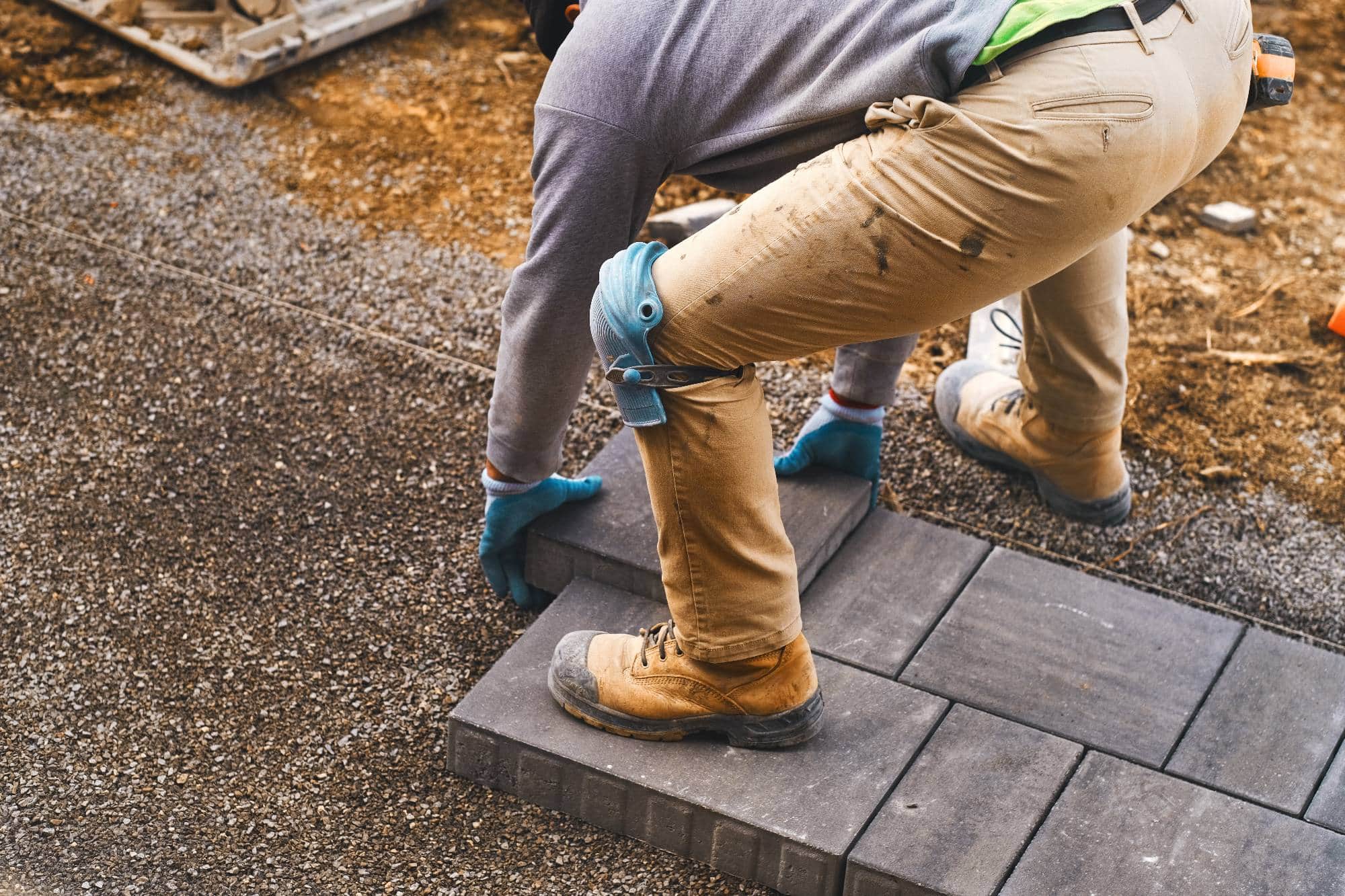

We are a family owned and operated paving contractor servicing customers on the East end of Long Island. We specialize in all phases of paving from start to finish.